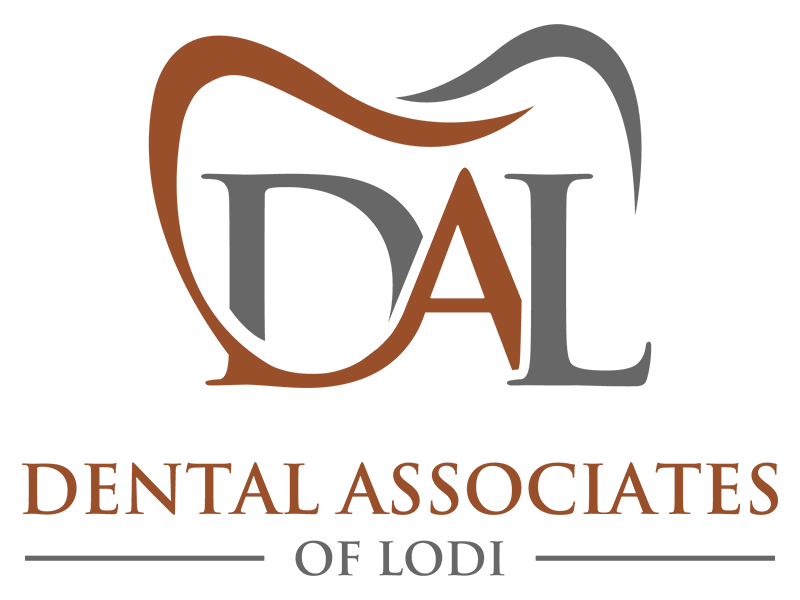Although designed to last a lifetime, dental implants can become loose on rare occasions—a potentially anxiety-inducing experience.
Dental implants are inserted into the jaw to replace missing teeth. They include an artificial tooth, a metal fixture, and a screw anchor—usually delivered as one unit.
So, what happens if this metal screw anchor becomes loose? Or if something else occurs to loosen your implant?
What Can Cause a Dental Implant to Become Loose?
Dental implants are an excellent option for patients who have lost teeth due to wear, injury, or periodontal disease. When dental implant complications occur, they typically become evident soon after the procedure and can be treated before they become significant issues.
Dental implants may loosen due to the following:
Infection. An infection can occur when bacteria enter your gums, sinus, or jawbone, leading to an abscess in the dental implant area. This requires immediate treatment with antibiotics to prevent a spread of infection and possible future complications with the implant.
Facial trauma. A blow to the face that causes facial trauma or facial fractures may loosen or damage your dental implants. The fractured or damaged bone around an implant can lead to loosening, instability, or loss of the implant over time. Loose implants must be removed soon after facial trauma to avoid further complications from infection and bone resorption (the body's reabsorption of bone).
Periodontal disease. Gum disease is a common cause of loose dental implants because it affects the bone and surrounding tissue where the implant is placed. If you don’t have consistently good oral hygiene habits, you’re more at risk for periodontal disease.
Insufficient placement or healing. Dental implants may fail depending on whether they were placed in fresh or healing bone. When an implant is placed in fresh bone, it’s often difficult for it to get a proper hold because there are fewer blood vessels to connect with. Consequently, the bone surrounding the implant doesn’t heal correctly, contributing to movement between the implant and socket.
Uneven bite force. Sometimes our bite changes as we age. If the implanted dental crown is not included properly with the opposing arch, it can lead to uneven forces acting to the implant and result in bone loss around the implant. It is important to follow up with your dentist on a regular basis for evaluation.
What to Do if an Implant Becomes Loose
Loose dental implants should be checked immediately. If you ignore the problem, it could lead to tooth loss. The most common cause for loose dental implants is a lack of bone support to hold the implant properly in place.
It's essential to see your dentist as soon as possible if you've noticed that your dental implants have become loose to ensure that they are promptly and adequately repaired. Your dentist will assess the problem and determine whether they need to be tightened or removed entirely and replaced.
Until you can see your dentist, take extra care when eating and try to avoid hard, crunchy, or chewy foods.
Don't Ignore or Self-Diagnose Dental Problems—See Your Dentist Immediately
If you have a problem with your teeth, don’t ignore it or try to self-diagnose. See your dentist immediately. It’s dangerous to ignore loose dental implants because you may end up exacerbating the issue and ending up with a more serious problem.
Learn More About Dental Implants
If you’d like to learn more about dental implants, contact us today at 862-247-8030 to schedule a consultation.


